What is Scar Remediation?
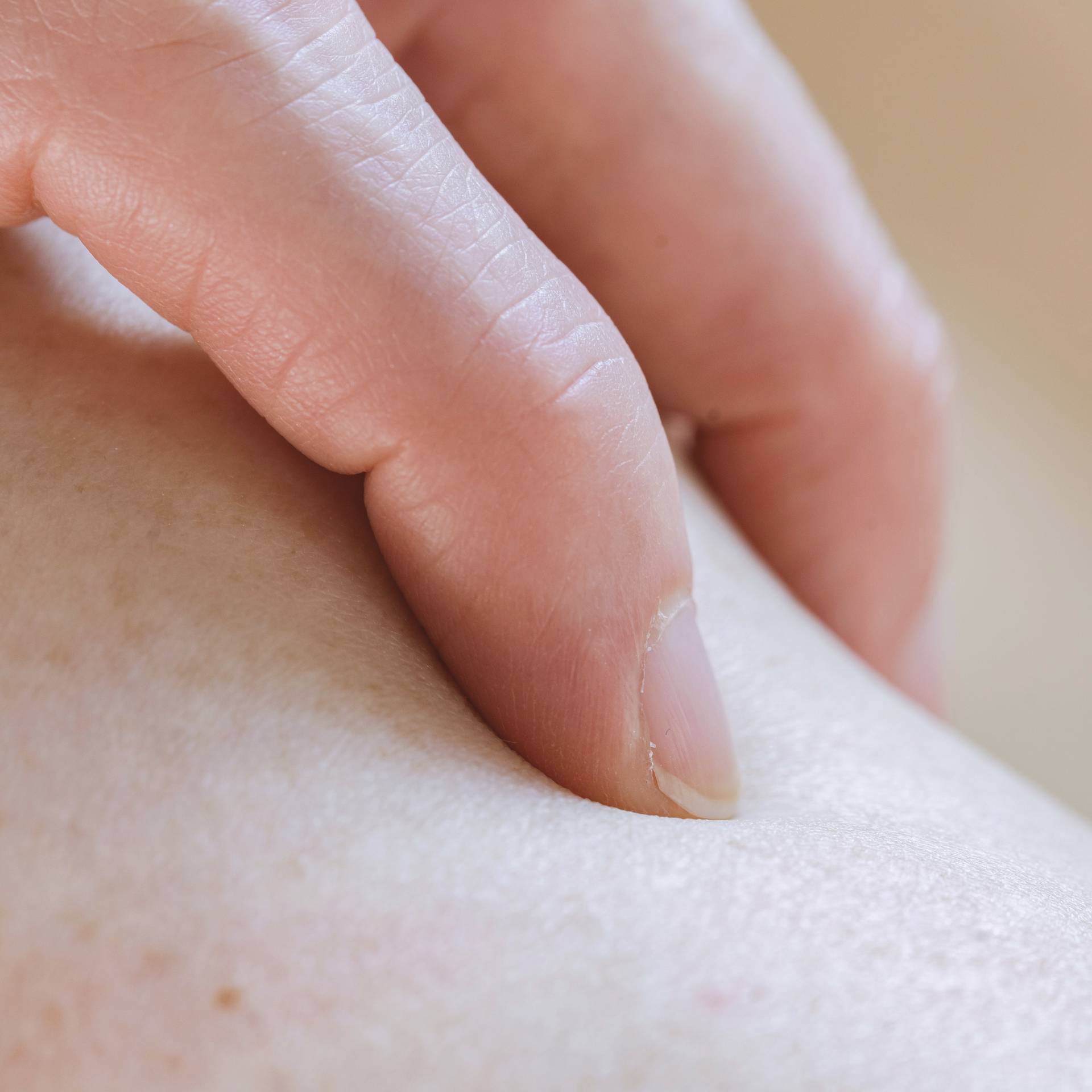
Scar Remediation is a non-invasive way to ease the pain or discomfort of scars, combining massage and organic castor oil. Though it sounds similar, it isn’t Scar Removal or Scar Revision, which are medical procedures that often involve surgery and/or lasers.
While it isn’t possible to completely eliminate scars with any method (even ironically scar removal!), it is possible to soften them, so they aren’t causing numbness, pain, swelling or obstruction.
If you have emotional trauma connected to your scar then Scar Remediation can help with both. It can also be really effective if you have scarring or adhesions from physical trauma, surgery, infection or childbirth, especially if they are causing abdominal or pelvic pain. If that’s the case, you should certainly make Scar Remediation your first port of call before considering surgery.
It does, however, have its limitations. It doesn’t work with burn scars and it doesn’t always alter the cosmetic appearance. In that case, Scar Revision might be a better fit.
To figure out which approach is best for you it is important to take into account how the scar formed and what you want to achieve from working on your scar.
You may want to learn more about scars and adhesions before reading further, if so click here.
How it all Started
I was introduced to Scar Remediation by Ellen Heed PhD in 2015 during my Sexological Bodywork training. I attended an extra in depth weekend training with her where I discovered that my excruciating and often incapacitating pelvic pain was caused by extensive internal scarring. I was thrilled to learn that I could heal my pain through her method.
Over the following three years I was mentored by Ellen and also attended her 2018 STREAM (Scar Tissue Remediation, Education And Management) training in Los Angeles, California. Not only am I now pain free, but I also learned how to help others heal their pain from rogue scarring.
How Scar Remediation Works
The act of massaging a scar helps to soften and realign its fibres, while castor oil helps to break down its bonds. The body then clears the waste products that are left behind. This alleviates tightness, pain and numbness.
It can also, but not always, change the colour and texture to make them more in keeping with the skin around them.
It is important to use organic hexane free castor oil as the impurities in non-organic castor oil may impede the remedial process.
How to Do Scar Remediation
The technique used on external scars is called cross fibering or cross friction massage. It involves moving one or two fingers across the scar perpendicular to it. The pressure may be firm and sometimes the movement of the massage may be done quickly especially if the scar is quite gnarly.
When working with scars on the surface of the skin, the internal parts of the scar can often be felt quite easily and remediated with deep pressure.
In the case of internal adhesions the massage is done either on the abdomen, external pelvis or internally through the vagina or anus. Although internal massage is always slow and gentle, it can have striking results, sometimes quite quickly.
If the scar is particularly large it is recommended to use a castor pack before coming in for a session.
For cataracts and scarring inside the eye, castor oil can be dropped like eye drops into the eyes daily.
When to Perform Scar Remediation
It's important for any wound to be sufficiently healed before attempting to remediate the scar. A good rule of thumb is to wait a minimum of 13 weeks post surgery or injury.
It is also good to wait until any acute infections have cleared up too. Even those not related to the wound, as they can put extra strain on your body as it recovers.
There can be a lot of preparation needed with your bodyworker before diving in and doing the remedial work, especially with internal scars or if there is emotional trauma connected to the scar. It may even take a few sessions to build up to it, but it doesn’t always need to.
How Long Does a Scar Remediation Session Take?
There is a lot more that goes into a session than just the remedial part. Your mind and body need to feel relaxed and comfortable before proceeding with remediation, especially with internal work.
The way I do a session, the whole process usually takes around 90 minutes. However, the actual massaging of the scar directly shouldn’t take longer than 20 minutes.
If you’re trying it at home and you notice the skin looking sore or you’re feeling a sharp pain then you’ve massaged a little too long. If you keep massaging past this point, then you can add to the scarring, so take a break from it for a day or two. Next time try massaging for a shorter period of time and see how you feel afterwards.
What Does Scar Remediation Feel Like?
Often it can start off feeling really numb, then after a little while it can feel like rubbing on a bruise. Sometimes it can feel prickly. It can give equal measures of relief and pain, similar to a deep tissue massage.
Remember, if it starts to feel sharp then you’ve gone a little too long and need to take a break for a couple of days.
How Many Sessions Does it Take to Remediate a Scar?
Sometimes the scar can resolve in one session. Others could take several sessions over a period of months.
For stubborn scars, you might need to use a castor pack daily for 21 days to break the cycle of the scarring process.
The Emotional Impact of Scar Remediation
As a scar softens, strong emotions and memories that have been stuck for years can also be released. They might have been present when the scar formed, or might have been part of the healing process. Tears of relief, sadness and fear as well as anger and joy can spring forward, sometimes even without warning.
Healing a scar can help process the emotional trauma behind that scar, and processing the emotional trauma can also help heal the scar! This creates a feedback loop of healing energy.
If you're feeling anxious about your scar being touched then castor packs are a great place to start.
Side Effects of Scar Remediation
Often some recovery is needed after scar remediation. Scars can trap pathogens such as bacteria or viruses, and these can be released when breaking down the scar tissue. Your body will need to clear these out as well as collagen broken down from the scar. This can make you feel groggy and lethargic.
Drinking plenty of water, taking epsom salt baths, saunas, coffee enemas and mud packs can be excellent ways to help clear the body of these toxins as the scars break down.
In rare instances some people have allergic reactions to castor oil and in this case other oils such as coconut oil or dry massage can be used to break down the scarring. It doesn’t work as quickly as castor oil, but it is still effective.
When using castor oil inside the vagina it is best to test a little on the inner labia 20 minutes before massaging and be careful to only use it internally no more frequently than every three days. This prevents the delicate mucous membranes of the vaginal wall from becoming sensitive to the oil.
Does Scar Remediation Work on all Scars in the Body?
Scar Remediation isn’t effective on burn scars and it isn’t possible to remediate scarring of the organs inside the ribcage. Also, it shouldn’t be done on scars that are holding mesh implants in place such as gausing for prolapse or hernia repair.
Conclusion
Scar Remediation with organic castor oil can help ease the physical and emotional pain of scars from surgery, childbirth, injury or infection.
It is a process that you can do on yourself at home with great results, especially on surface scars that are easy to reach. Just remember it's important to detox afterwards.
For internal adhesions that are more difficult to reach and scars that have a strong emotional component to them, you might be best to seek out a professional who specialises in this type of bodywork.


How to do Anal Massage Post Prostate Cancer Surgery
with Victoria Cullen

Case Study: Libido Restored Post Prostate Surgery!
with Victoria Cullen
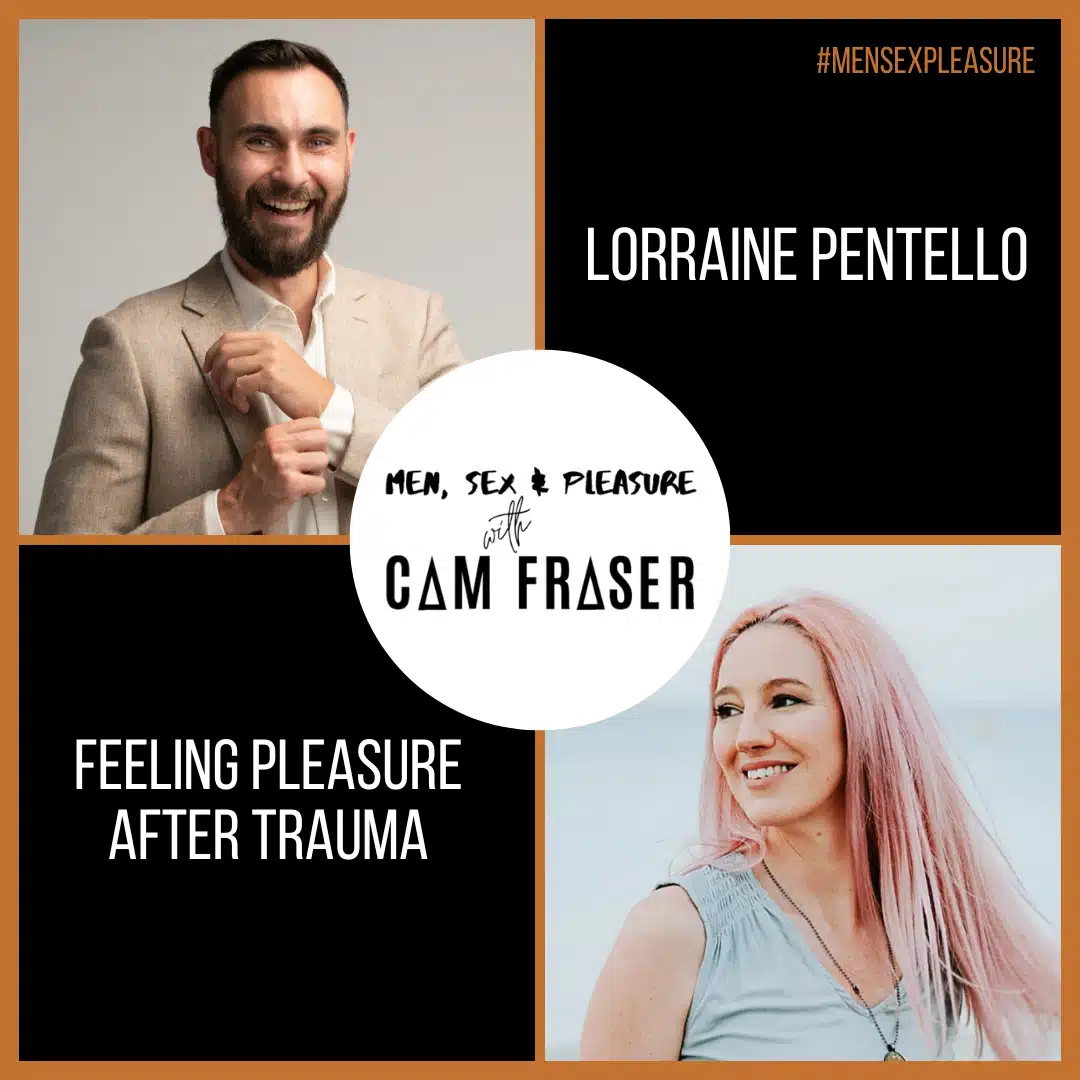
Feeling Pleasure After Trauma
with Cam Fraser

What is Traumatic Dissociation?

Turning Down the Dial on Anxiety

Things to be Wary of When You are Experiencing Premature Ejaculation

How to Overcome Premature Ejaculation

Premature Ejaculation is Not a Disease!

The Dark Side of Make-Up Sex

How I Learned to Manage My Panic Attacks

Are You Worried About Your Libido?

Combining EMDR and Scar Remediation

What is Scar Remediation?
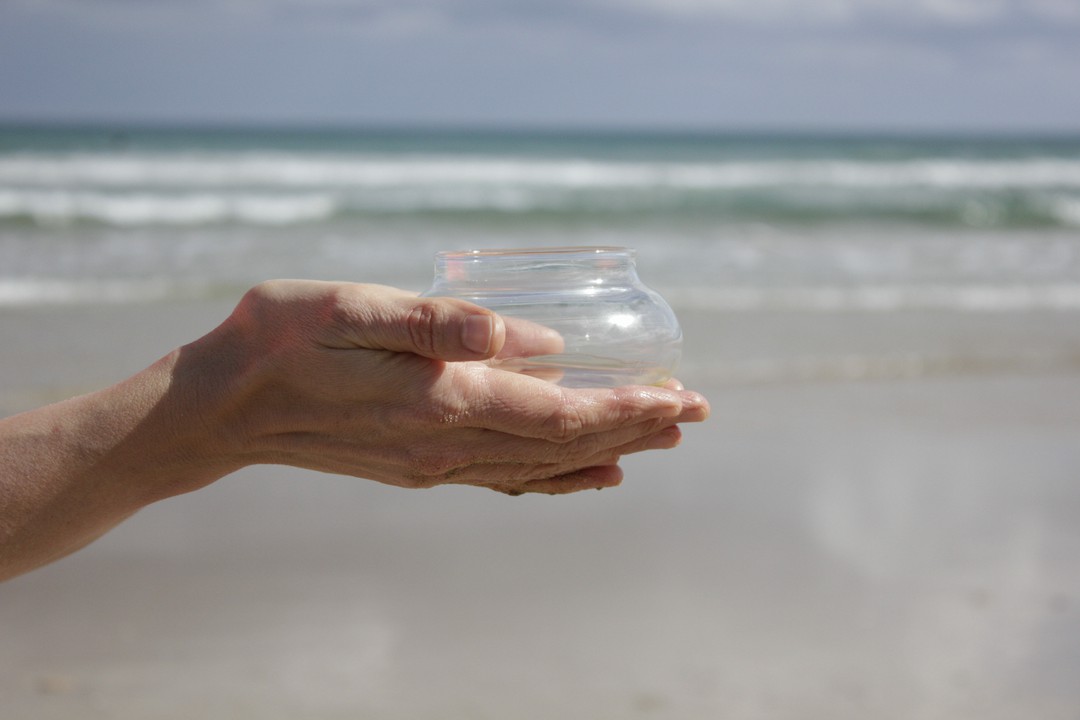
How to Make an Organic Castor Oil Pack to Treat Scar Tissue
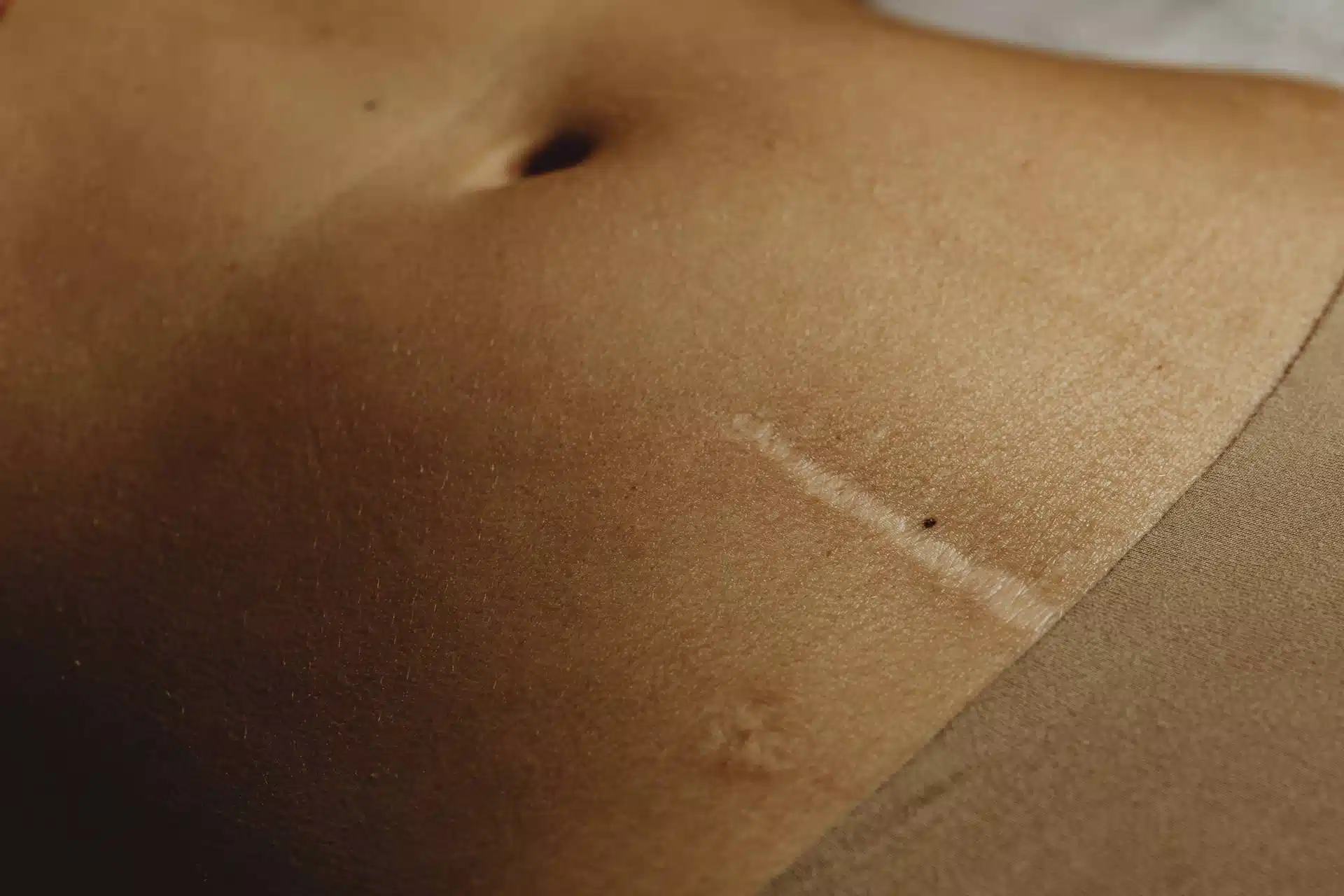
What Are Scars? It Could Be the Answer to Your Chronic Pelvic Pain!
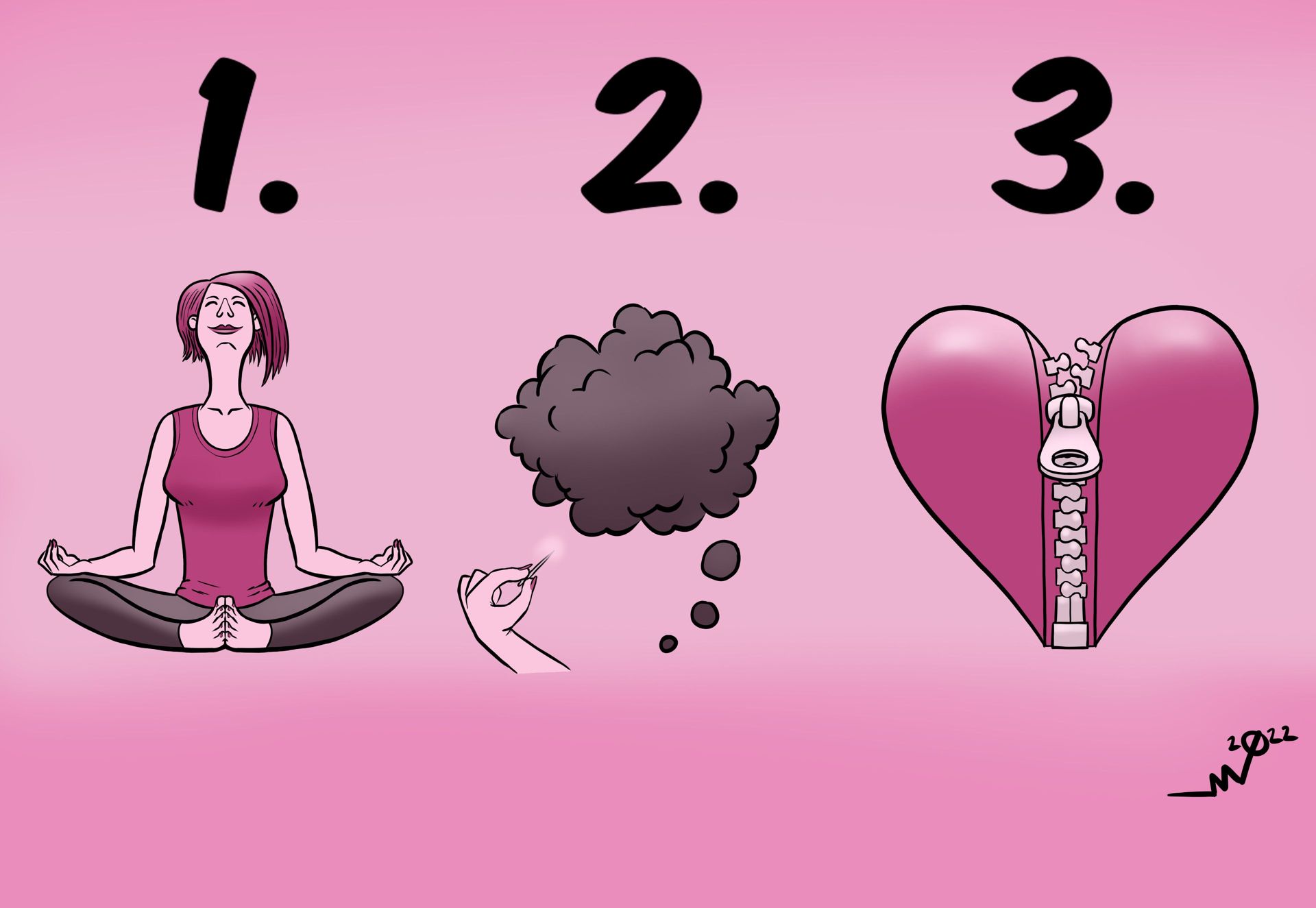
The Three Phases of Trauma Therapy

What is EMDR Therapy?
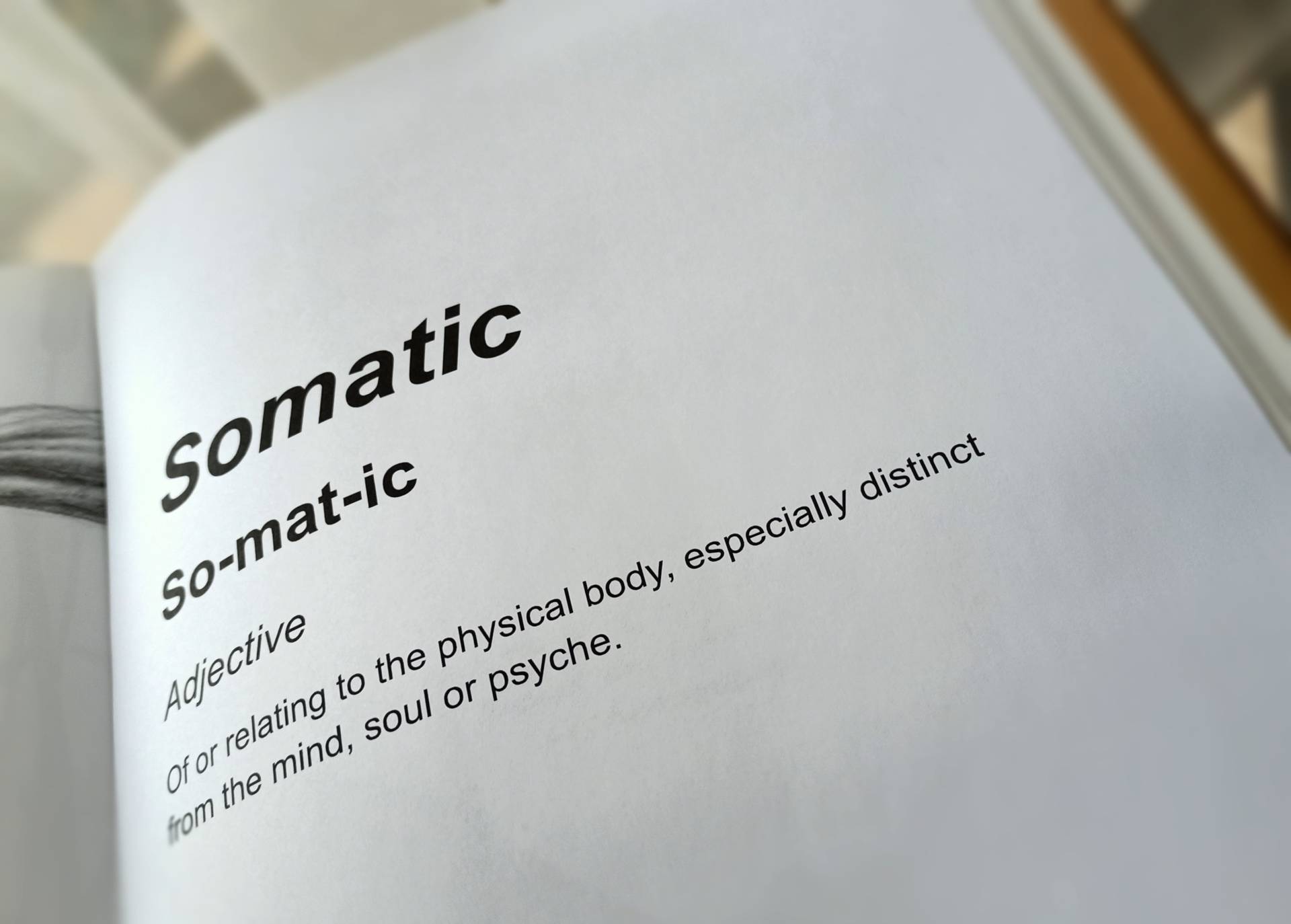
What is Somatic Sex Therapy?

What is Sexological Bodywork?

How to Resolve Pelvic Pain, Erection Challenges and Ejaculatory Issues Holistically
with Rahi Chun

Why I love guys who can't get it up
with Georgie Wolf

Sexual Healing
with Sean Nicholas

What Can I Do About My Protruding Inner Labia?
with Charlotte Sway & Roger Butler

Why Are Men Such Dicks?
with Charlotte Sway & Roger Butler

Can You Teach People How To Touch?
with Charlotte Sway & Roger Butler

